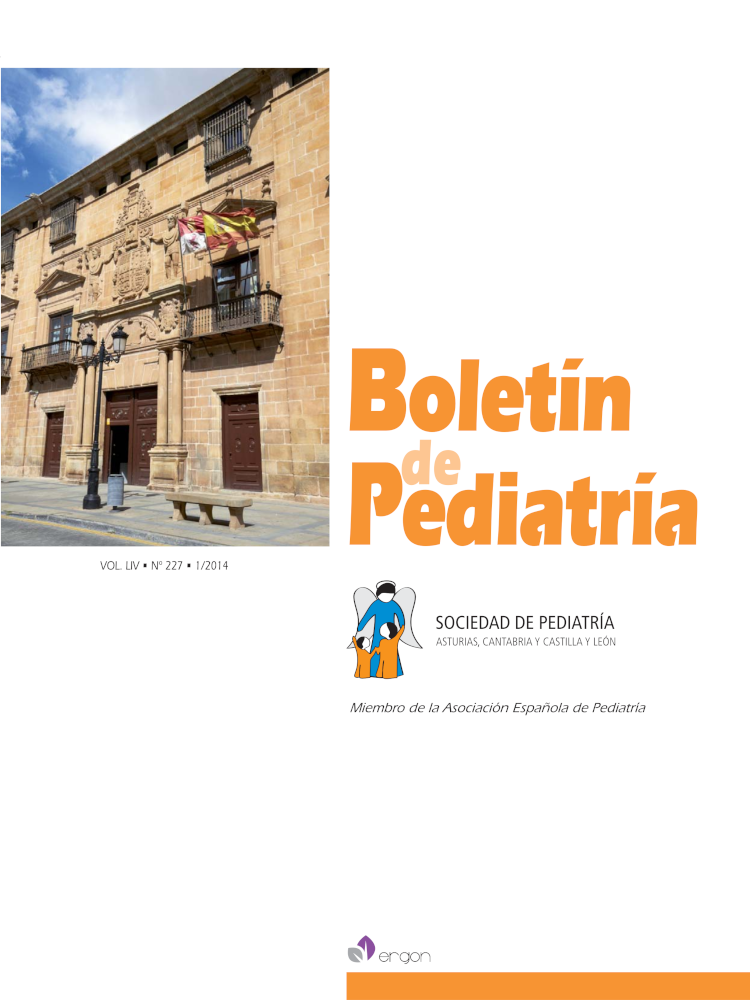Abstract
Introduction. International travel in children is continuing to rise, however, in Spain little is known about this group. Parents and children should be given general and specific advice on their travel destination, and if needed, vaccination recommendations and malaria chemoprophylaxis. The focus of the consultation is to unite preventive and curative practices.
Methodogy. A descriptive study using demographic variables, vaccinations administered and malaria chemoprophylaxis, in 623 children who attended the International Health Clinic between the years 2008 and 2012 in consultation with the children's clinical specialist.
Results. A total of 623 children (4.03% of the travelers seen) met the inclusion criteria. The median age was 3.66 years (interquartile deviation: 3.31) and the mean age was 4.91 years (SD:1.59). A total of 72.07% traveled to visit relatives and friends, and a total of 68.06% traveled to Central and South America. Vaccinations for yellow fever, meningitis tetravalent polysaccharide, typhoid and hepatitis A were administered to 28.07%, 38.70%, and 83.30% of travelers, respectively. No child was vaccinated for rabies. A total of 19.26% received malaria chemoprophylaxis.
Conclusions. The children seen received less vaccinations and chemoprophylaxis than the average travelers at the health clinics. Specialty pediatric care is essential to assess the risk-benefit of each intervention.

This work is licensed under a Creative Commons Attribution-NonCommercial 4.0 International License.
Copyright (c) 2014 Boletín de Pediatría
